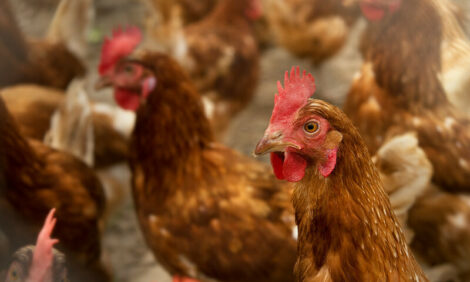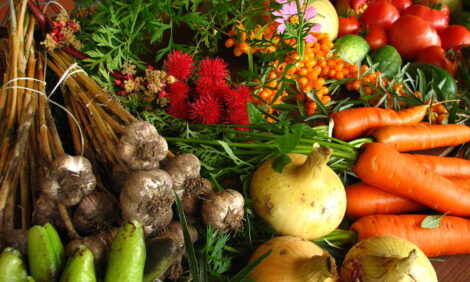



Disease Control Requires Information Exchange
GENERAL - Exchanging and disseminating scientific information in real-time is essential to prevent and control diseases around the world. That is one of the main conclusions of the Second Global Conference of the OIEs 227 Reference Laboratories and Collaborating Centres last week.The World Organisation for Animal Health (OIE) has a mandate from its 176 Member Countries to collect, analyse and disseminate prevention and control methods for animal diseases, including those transmissible to humans, while keeping the international community informed in real-time of the disease situation worldwide.
The ability to fulfil this mandate relies heavily on the work of the OIE's worldwide network of 227 Reference Laboratories and Collaborating Centres, whose representatives met at the OIE Headquarters in Paris from 21 to 23 June.
Dr Bernard Vallat, Director General of the OIE, said: "The OIE strongly encourages the networking of knowledge between the experts in its Reference Laboratories since this is bound to accelerate the improvement of animal health."
This Conference was an important event for veterinary science. It has helped to strengthen the excellence of the worldwide veterinary scientific network by promoting the exchange of information between experts and the networking of their research. It convinced all the experts concerned of the need to improve the transparency of their work and results, especially with respect to positive diagnoses of priority diseases listed by the OIE and emerging diseases. The Conference also helped to improve methods for diagnosing diseases, a crucial step in the surveillance process.
One of the objectives of the Conference was to convince experts from the wealthier countries of the need to support laboratories in poor countries, in particular through the OIE twinning programme, which operates between recognised Reference Laboratories and candidate laboratories in other countries lacking recognised reference laboratories.
This twinning programme also helps to reinforce the world veterinary scientific community, to enable all countries to fight against diseases on equal terms and participate in the preparation and adoption of OIE standards. The programme already involves more than 30 laboratories and collaborating centres throughout the world.











